By Ashur Shirsha
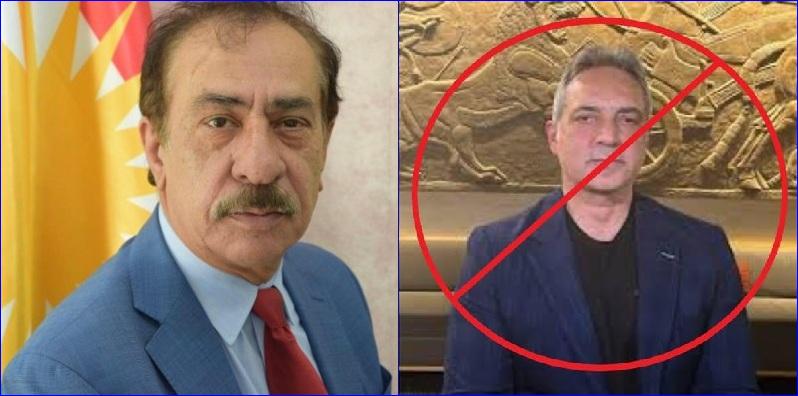 (AINA) -- A recent threatening and defamatory social media post made by the Washinton DC representative of the Kurdistan Regional Government (KRG), Mr Dasko Shirwani, against a prominent Assyrian community leader, Mr.
(AINA) -- A recent threatening and defamatory social media post made by the Washinton DC representative of the Kurdistan Regional Government (KRG), Mr Dasko Shirwani, against a prominent Assyrian community leader, Mr.
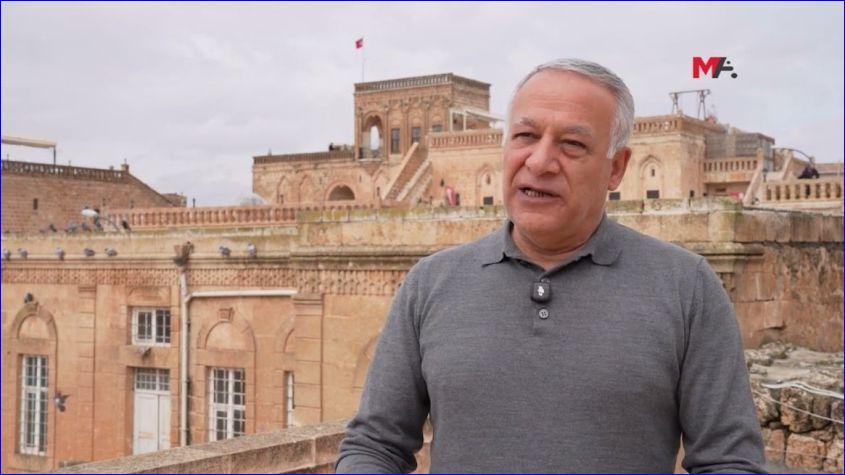 Merde, Turkey -- In the stone courtyards of Tur Abdin, in Turkey's southeast, the Assyrian language now survives in just one officially recognized preschool. Community leaders warn that without urgent action, that fragile foothold may not be enough to secure its future.
Merde, Turkey -- In the stone courtyards of Tur Abdin, in Turkey's southeast, the Assyrian language now survives in just one officially recognized preschool. Community leaders warn that without urgent action, that fragile foothold may not be enough to secure its future.
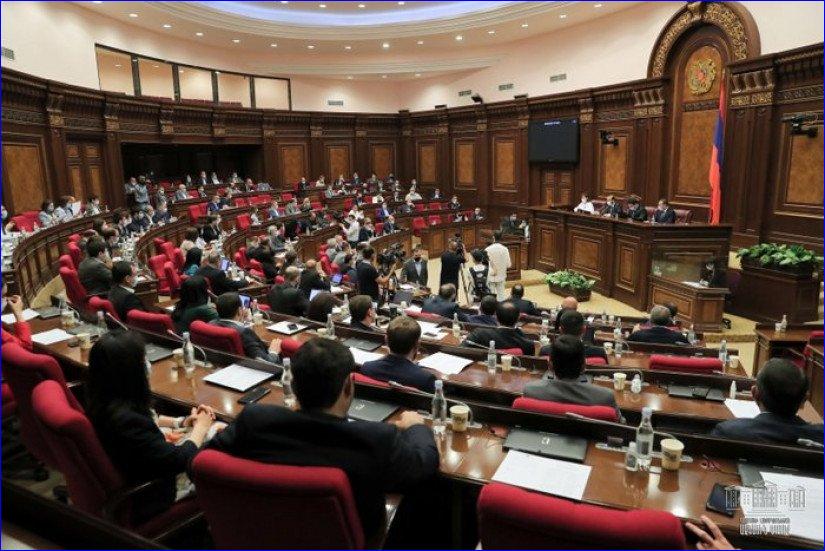 The four largest national minorities in Armenia, based on the 2022 census, have been identified for guaranteed representation in the National Assembly. According to the results of the 2022 census, the four largest national minorities in Armenia by permanent population are: Yezidis -- 31,079 Russians -- 14,076 Assyrians -- 2,755 Kurds -- 1,663 Under the Constitutional Law on the Electoral Code,...
The four largest national minorities in Armenia, based on the 2022 census, have been identified for guaranteed representation in the National Assembly. According to the results of the 2022 census, the four largest national minorities in Armenia by permanent population are: Yezidis -- 31,079 Russians -- 14,076 Assyrians -- 2,755 Kurds -- 1,663 Under the Constitutional Law on the Electoral Code,...
By Micah van Halteren
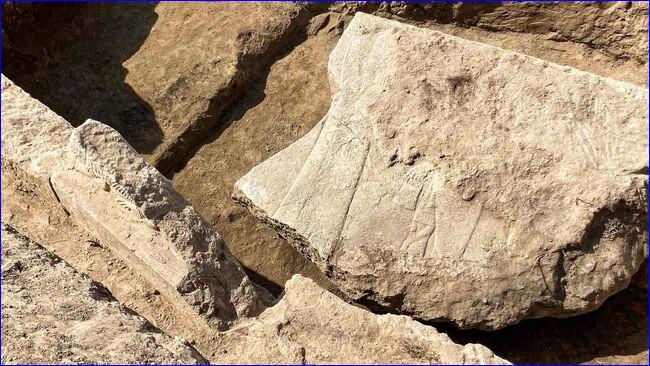 In May 2025, archaeologists excavating ancient Nineveh announced the discovery of a seventh-century BC. stone relief depicting the "last great king" of Assyria--Ashurbanipal (669--631 BC.). On the relief, he is depicted as standing between Ashur and Ishtar--two of ancient Assyria's most important deities. Assyria dominated the Middle East between the ninth and the seventh centuries BC.
In May 2025, archaeologists excavating ancient Nineveh announced the discovery of a seventh-century BC. stone relief depicting the "last great king" of Assyria--Ashurbanipal (669--631 BC.). On the relief, he is depicted as standing between Ashur and Ishtar--two of ancient Assyria's most important deities. Assyria dominated the Middle East between the ninth and the seventh centuries BC.
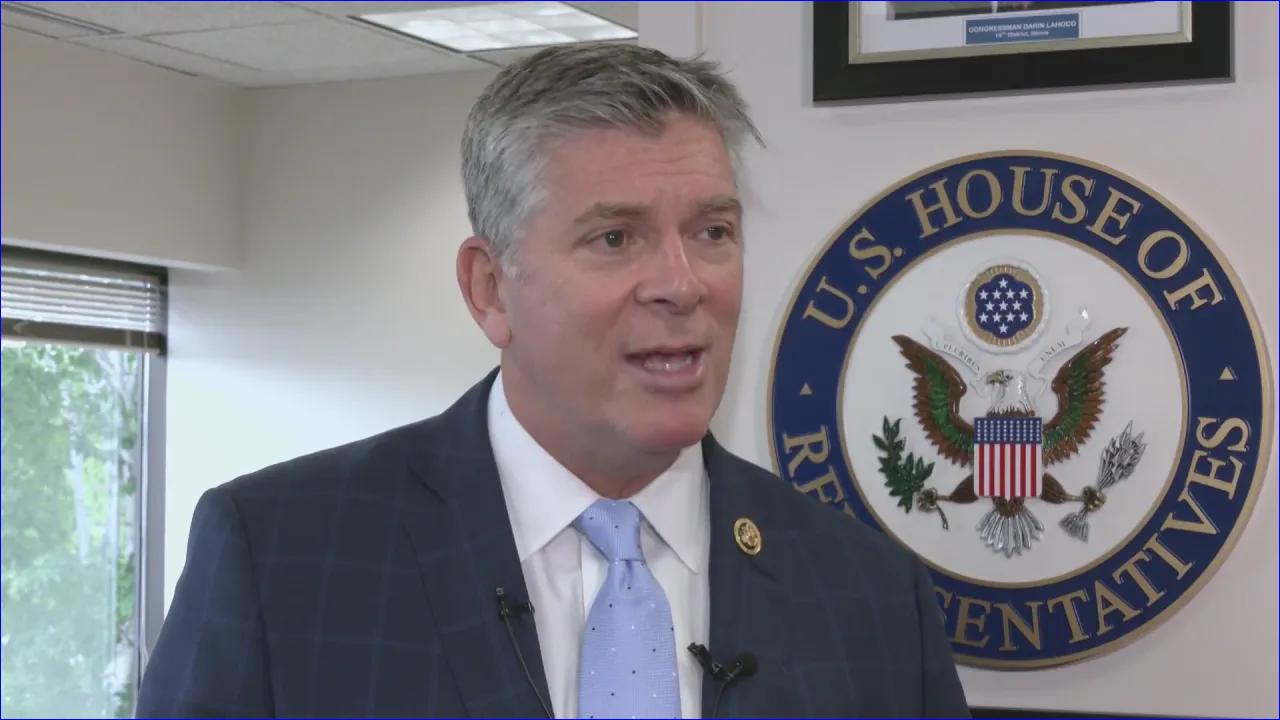 Washington -- A senior Republican lawmaker is calling on President Donald J. Trump to prioritize the rights and political future of Iraq's Chaldean Syriac Assyrian Christians, framing the issue as both a moral imperative and a strategic U.S. interest in the Middle East. In a February 16 letter, Rep. Darin LaHood, a member of the U.S.
Washington -- A senior Republican lawmaker is calling on President Donald J. Trump to prioritize the rights and political future of Iraq's Chaldean Syriac Assyrian Christians, framing the issue as both a moral imperative and a strategic U.S. interest in the Middle East. In a February 16 letter, Rep. Darin LaHood, a member of the U.S.
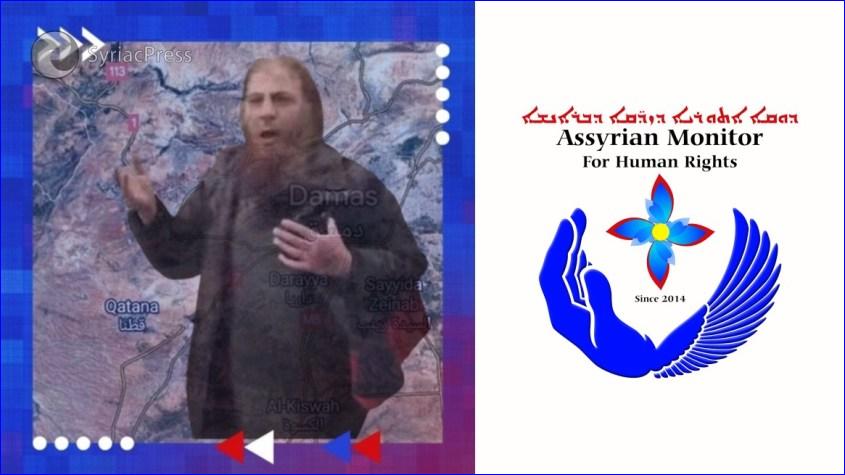 The Assyrian Monitor for Human Rights (AMHR) issued a stark warning over what it describes as an escalating pattern of intimidation aimed at Christian communities in the Syrian capital and its surrounding countryside, urging authorities to intervene before fragile social cohesion further erodes.
The Assyrian Monitor for Human Rights (AMHR) issued a stark warning over what it describes as an escalating pattern of intimidation aimed at Christian communities in the Syrian capital and its surrounding countryside, urging authorities to intervene before fragile social cohesion further erodes.
 (AINA) -- A recent threatening and defamatory social media post made by the Washinton DC representative of the Kurdistan Regional Government (KRG), Mr Dasko Shirwani, against a prominent Assyrian community leader, Mr.
(AINA) -- A recent threatening and defamatory social media post made by the Washinton DC representative of the Kurdistan Regional Government (KRG), Mr Dasko Shirwani, against a prominent Assyrian community leader, Mr.
 Merde, Turkey -- In the stone courtyards of Tur Abdin, in Turkey's southeast, the Assyrian language now survives in just one officially recognized preschool. Community leaders warn that without urgent action, that fragile foothold may not be enough to secure its future.
Merde, Turkey -- In the stone courtyards of Tur Abdin, in Turkey's southeast, the Assyrian language now survives in just one officially recognized preschool. Community leaders warn that without urgent action, that fragile foothold may not be enough to secure its future. The four largest national minorities in Armenia, based on the 2022 census, have been identified for guaranteed representation in the National Assembly. According to the results of the 2022 census, the four largest national minorities in Armenia by permanent population are: Yezidis -- 31,079 Russians -- 14,076 Assyrians -- 2,755 Kurds -- 1,663 Under the Constitutional Law on the Electoral Code,...
The four largest national minorities in Armenia, based on the 2022 census, have been identified for guaranteed representation in the National Assembly. According to the results of the 2022 census, the four largest national minorities in Armenia by permanent population are: Yezidis -- 31,079 Russians -- 14,076 Assyrians -- 2,755 Kurds -- 1,663 Under the Constitutional Law on the Electoral Code,... In May 2025, archaeologists excavating ancient Nineveh announced the discovery of a seventh-century BC. stone relief depicting the "last great king" of Assyria--Ashurbanipal (669--631 BC.). On the relief, he is depicted as standing between Ashur and Ishtar--two of ancient Assyria's most important deities. Assyria dominated the Middle East between the ninth and the seventh centuries BC.
In May 2025, archaeologists excavating ancient Nineveh announced the discovery of a seventh-century BC. stone relief depicting the "last great king" of Assyria--Ashurbanipal (669--631 BC.). On the relief, he is depicted as standing between Ashur and Ishtar--two of ancient Assyria's most important deities. Assyria dominated the Middle East between the ninth and the seventh centuries BC. Washington -- A senior Republican lawmaker is calling on President Donald J. Trump to prioritize the rights and political future of Iraq's Chaldean Syriac Assyrian Christians, framing the issue as both a moral imperative and a strategic U.S. interest in the Middle East. In a February 16 letter, Rep. Darin LaHood, a member of the U.S.
Washington -- A senior Republican lawmaker is calling on President Donald J. Trump to prioritize the rights and political future of Iraq's Chaldean Syriac Assyrian Christians, framing the issue as both a moral imperative and a strategic U.S. interest in the Middle East. In a February 16 letter, Rep. Darin LaHood, a member of the U.S. The Assyrian Monitor for Human Rights (AMHR) issued a stark warning over what it describes as an escalating pattern of intimidation aimed at Christian communities in the Syrian capital and its surrounding countryside, urging authorities to intervene before fragile social cohesion further erodes.
The Assyrian Monitor for Human Rights (AMHR) issued a stark warning over what it describes as an escalating pattern of intimidation aimed at Christian communities in the Syrian capital and its surrounding countryside, urging authorities to intervene before fragile social cohesion further erodes.